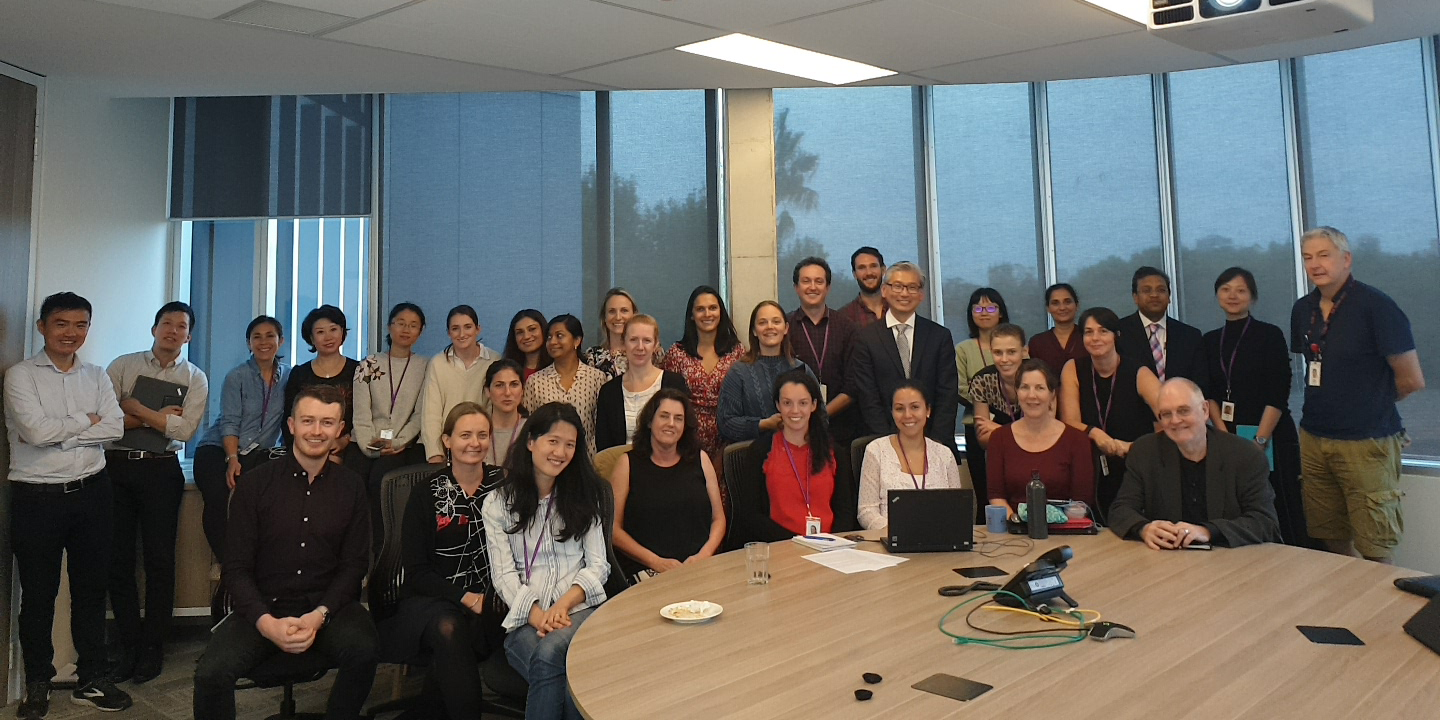
George Institute trial to test role of common treatment in easing COVID-related lung failure
The George Institute has announced a new trial to test whether common blood pressure medications reduce the duration and severity of lung failure due to COVID-19 will be supported by government funding.
The CLARITY trial, led by Associate Professor Meg Jardine from The George Institute for Global Health and UNSW Medicine, will receive $1.4 million from the Government’s Medical Research Future Fund (MRFF).
The group of blood pressure medications – angiotensin receptor blockers or ARBs - have been in clinical use for over 30 years, are well-understood, and widely available at low cost. They protect against lung injury in animal studies, including injury from viruses like the COVID-19 virus, although the effect in humans is not known.
A/Prof Jardine said that if the trial shows they are beneficial, the results could be widely implemented into clinical care almost immediately.
“The threat of COVID-19 outbreaks will remain with us for some time. Repurposed medications that can lessen the duration and severity of COVID-19 disease will provide some relief whilst vaccines are being developed,” she said.
The nation’s medical researchers, including those at The George Institute, have been mobilising rapidly to attempt to lessen the human cost of COVID-19.
“This virus is a huge concern for consumers, particularly for people already living with health conditions,” commented David Morgan, the lead consumer representative on the study team.
“Engaging with patients and consumer representatives throughout the whole process will help optimise research outcomes, and is possible, even in urgent situations such as this one,” he said.
The trial, also supported by The Institute’s Professors Christine Jenkins, Simon Finfer and Vivekanand Jha, Dr Sradha Kotwal, Associate Professor Gian Luca Di Tanna and Carinna Hockham, will commence this month.










